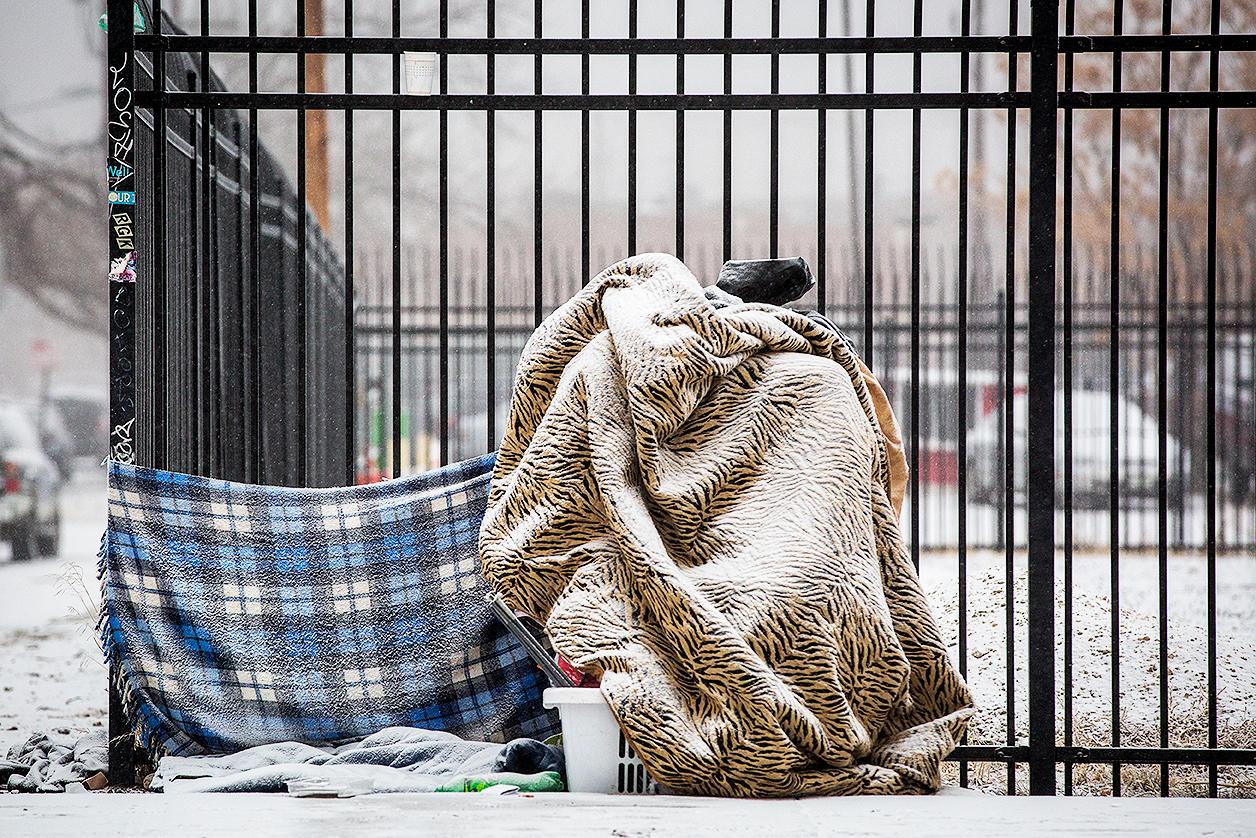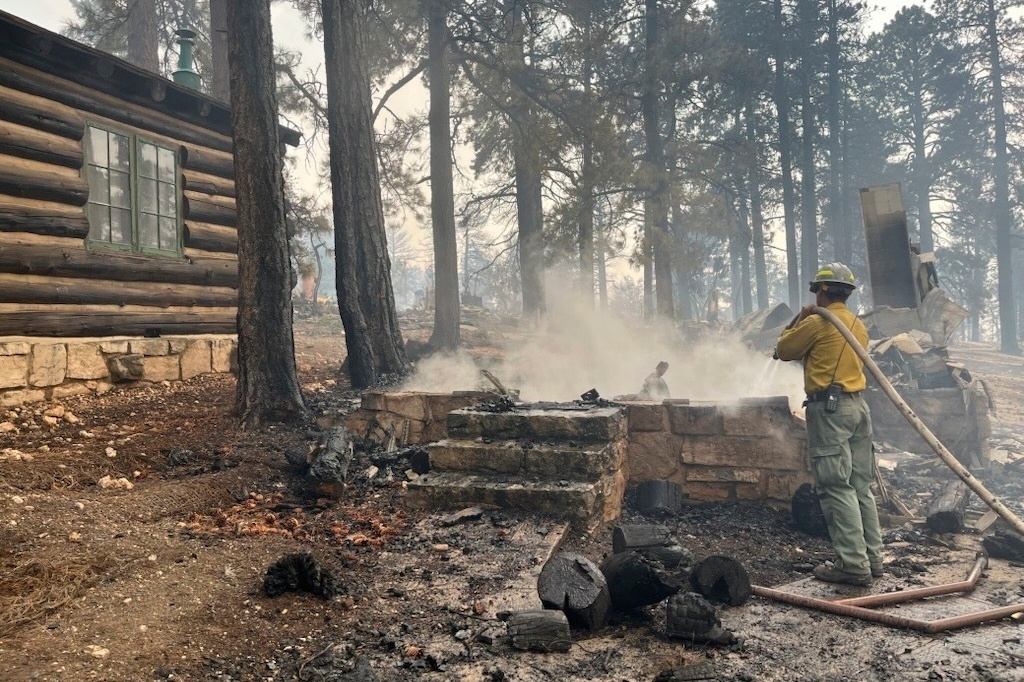

Weeks ahead of a class-action trial between homeless advocates and Denver city officials concerning how crews handled tent city clean-ups, the two sides struck an agreement on Wednesday.
Denver officials said the decision will make the city, “a national leader concerning the rights and treatment of those experiencing homelessness in America.”
Read the full agreement here.
Now, city officials will give written notice of all sweeps and clean-ups when possible, and add storage units around town for the homeless to store personal belongings. Denver will also add portable toilets and trash bins to certain parks, and officials have agreed to a standing meeting with homeless advocates to hear out concerns, according to the agreement.
Both Denver’s city council and the federal judge still need to approve the deal.
“We must return our focus to the important mission of connecting those experiencing homelessness with the resources they need to obtain housing, access treatment on demand, and engage with opportunity so that no one is left behind,” Mayor Michael Hancock said in a statement.
Jason Flores-Williams, the lead lawyer for the homeless plaintiffs, said the agreement was, “not a panacea for economic injustice. But a real effort by a major American city to recognize the constitutional rights of the poor and dispossessed.”
Flores-Williams filed the lawsuit in federal court in 2016 on behalf of nine homeless men and one woman living in Denver. The lawsuit challenged the constitutionality of how the city handled sweeps to clean up tent city camps and parks where the homeless frequently slept and stored belongings.
Specifically, the suit challenged the fact that some people’s personal property was destroyed in the clean-ups and that violated protections of seizure of property.
The case gained class-action status in 2017.
Among other terms announced Wednesday, the city agreed to give seven days’ notice prior to large-scale clean-ups when reasonably possible and the formation of a formal notification system that personal property has been removed, including where property was found and is being stored.
A press conference detailing the agreement will be held Friday, city officials said.









